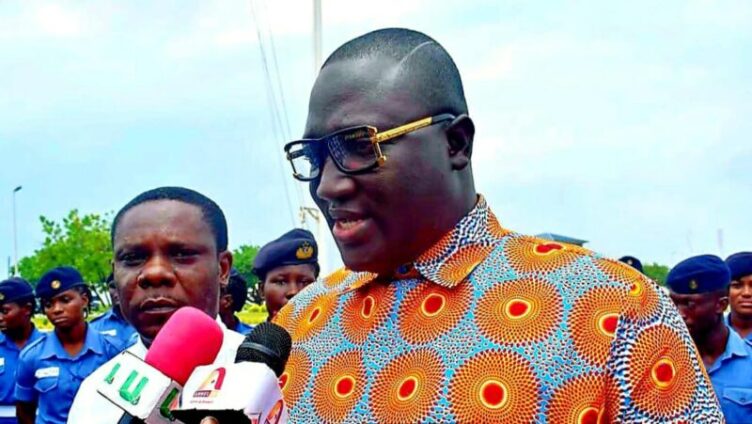The legislature plays a fundamental role in Ghana's governance system. By organizing annual public forums, it can engage citizens and educate them on its constitutional mandates, helping clarify misconceptions about the roles and priorities of members of parliament (MPs).
Such forums would enhance public understanding and create an open platform for dialogue on key national issues, such as the fight against illegal mining, known as galamsey.
Parliament functions as the backbone of governance, particularly in passing, amending, and enforcing laws that regulate society, including the executive branch.
Unlike the executive, which does not create laws, parliament holds the responsibility to legislate, holding government agencies accountable, including the president and ministers. This is demonstrated in the annual State of the Nation Address, where the president and his ministers, such as the finance minister, report to parliament and remain accountable to the legislature.
Parliament must also foster an environment that encourages citizen participation, addressing misconceptions about its role in national governance. Engaging citizens in an open dialogue would help restore trust and clear misunderstandings about the legislative process, such as the approval of national policies and the regulation of industries like mining.
In the fight against galamsey, parliament is pivotal. With 275 MPs across 16 regions, the legislative body can pass stricter laws under the Minerals Commission Act, the Environmental Protection Agency (EPA), the Ghana Maritime Authority, and the Ghana Navy.
These institutions are critical in protecting water bodies and curbing environmental degradation caused by illegal mining. Parliament is constitutionally bound to protect, preserve, and defend the nation, and should work collaboratively with security agencies to ensure the safety of Ghana’s natural resources.
Additionally, parliament must avoid partisan politics on national issues, particularly when addressing national crises like illegal mining. Instead, MPs should unite in solving disasters that impact livelihoods. By strengthening the roles of security institutions, such as the EPA, Ghana Navy, and judiciary, parliament can develop a strategic framework to end illegal activities that threaten the environment and the well-being of citizens.
Ultimately, parliament must fulfill its duty to protect the citizens and resources of Ghana, ensuring a more secure and prosperous future.
-
The author, Nana Kweku Ofori Atta is a Security consultant
Latest Stories
-
Jospong Group, Uasin Gishu County sign MoU to boost sanitation services in Kenya
3 mins -
Thomas Partey stunner helps Arsenal overcome Nottingham Forest
15 mins -
Over half of cyber attacks in Ghana, rest of Africa target government and finance, says Positive Technologies
18 mins -
Academic City unveils plastic recycling machine to address plastic pollution
35 mins -
German-based Kanzlsperger makes medical donation to WAFA
2 hours -
It could take over 100 years for Ghana and other African countries to become ‘developed’ – Report
2 hours -
AEC 2024 renews momentum to lift Africa out of poverty despite global shocks
3 hours -
Can RFK Jr make America’s diet healthy again?
3 hours -
Maiden Women in Chemical Sciences conference opens with a call for empowerment
5 hours -
We’ll reclaim all Groupe Nduom stolen assets – Nduom declares
5 hours -
Center for Learning and Childhood Development Director Dr Kwame Sakyi honoured at Ghana Philanthropy Awards
14 hours -
Asantehene receives 28 looted artefacts
15 hours -
CAF WCL 2024: Ghana’s Thelma Baffour wins title with TP Mazembe
16 hours -
Benjamin Boakye slams politicisation of energy sector issues and ECG’s inefficiencies
16 hours -
Erastus Asare Donkor and Dr Neta Parsram win big at 10th Mining Industry Awards
16 hours

